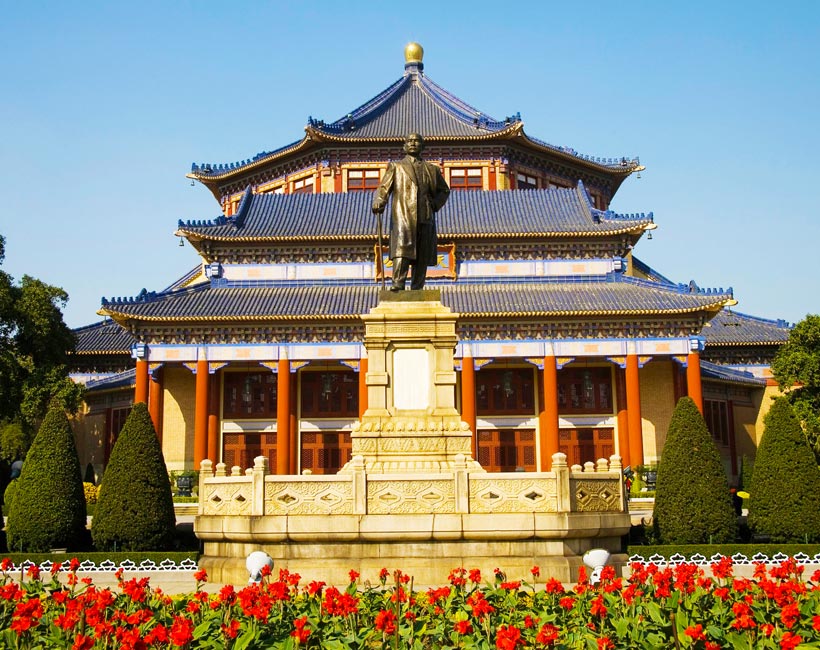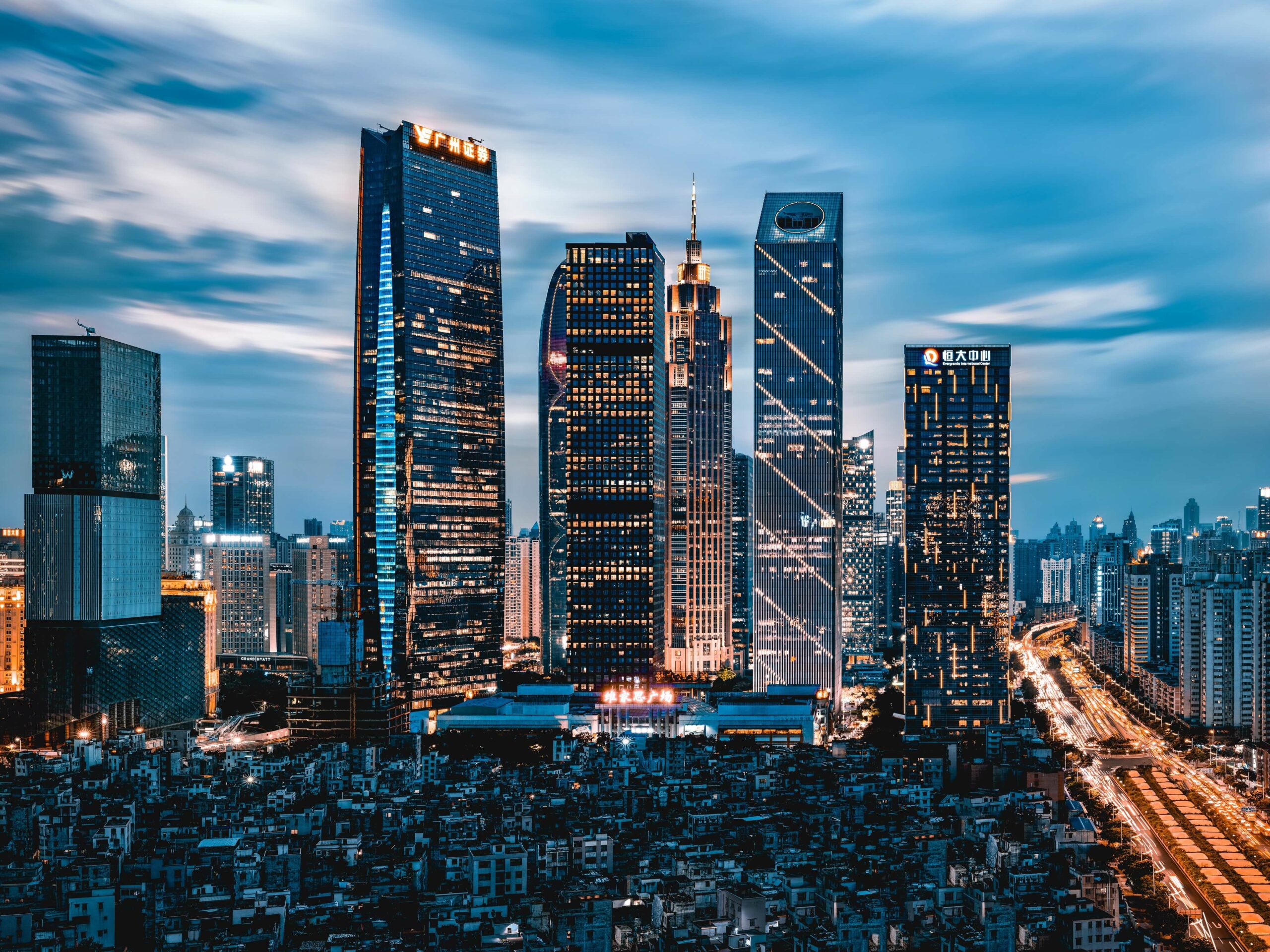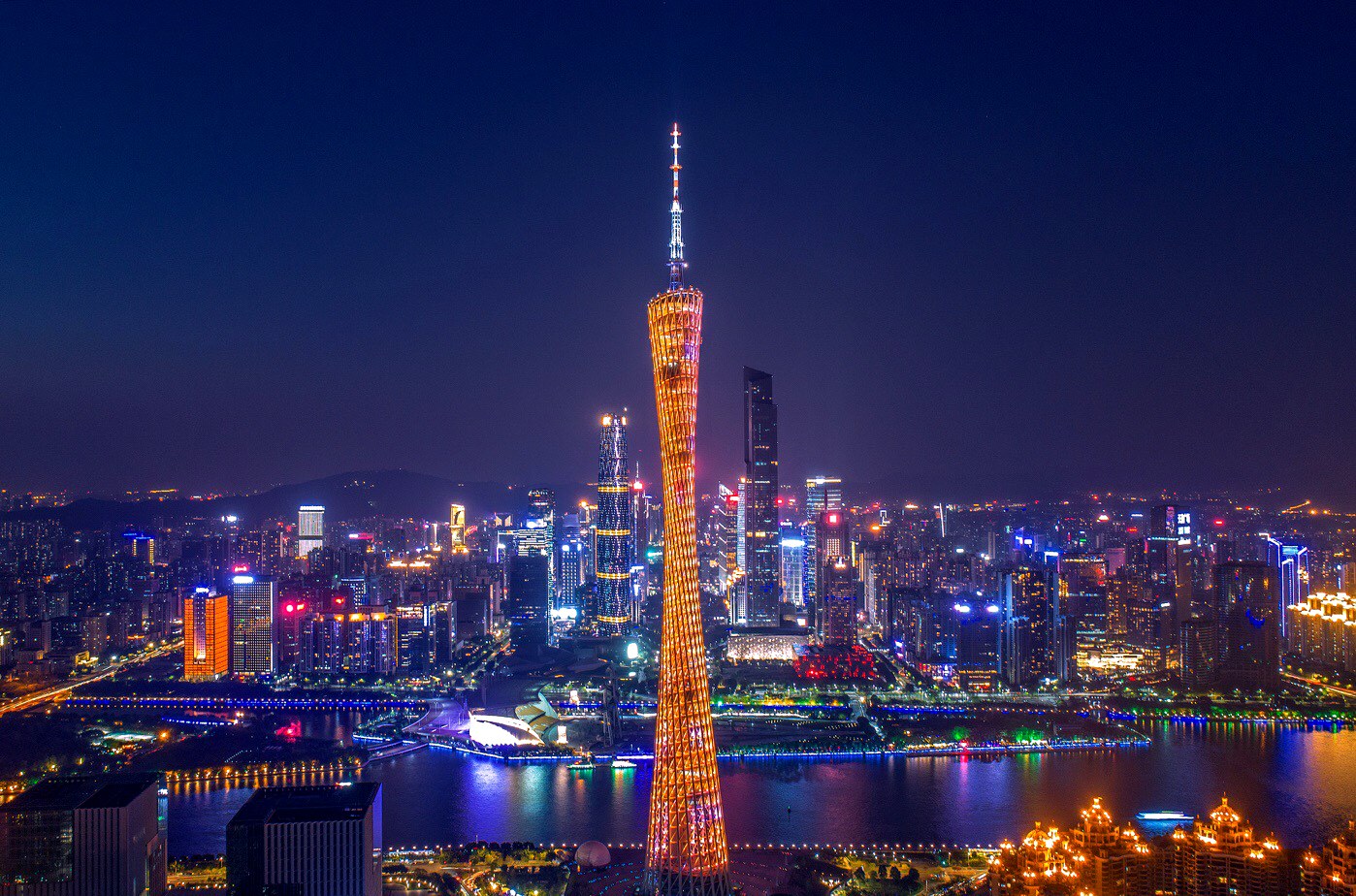Canton, China: A Historical and Modern Hub
Related Articles: Canton, China: A Historical and Modern Hub
Introduction
With great pleasure, we will explore the intriguing topic related to Canton, China: A Historical and Modern Hub. Let’s weave interesting information and offer fresh perspectives to the readers.
Table of Content
Canton, China: A Historical and Modern Hub

The name "Canton" is a historical reference to Guangzhou, a vibrant metropolis located in southern China. While the name "Canton" is less common today, it remains deeply embedded in historical narratives and continues to be used in specific contexts, particularly when discussing the city’s rich past.
A Historical Perspective:
Guangzhou, known as Canton in the West, has a history spanning over 2,000 years. Its strategic location on the Pearl River Delta, a fertile and commercially rich region, made it a natural center for trade and cultural exchange.
- The Silk Road: Guangzhou played a pivotal role in the Silk Road, serving as a major trading hub connecting China with the West. It facilitated the exchange of goods, ideas, and cultures, contributing significantly to the economic and cultural development of both China and the wider world.
- The "Thirteen Factories": During the Qing Dynasty, Guangzhou was the sole port open to foreign trade. This led to the establishment of "Thirteen Factories," a cluster of trading posts where Western merchants conducted business. These factories, though limited in number, became a symbol of China’s engagement with the global market and the complexities of its historical relationship with the West.
- The Canton System: The "Canton System," a set of regulations governing foreign trade in Guangzhou, was both a source of economic prosperity and a catalyst for friction. While it fostered trade and economic growth, it also restricted foreign access to the Chinese market and fueled tensions between China and Western powers.
Modern Guangzhou: A City in Transformation:
Today, Guangzhou is a bustling metropolis, a thriving economic center, and a cultural hub. It has undergone a dramatic transformation, shedding its historical image as a trading port and embracing its role as a modern city.
- Economic Powerhouse: Guangzhou is one of China’s most important economic centers, boasting a diverse economy encompassing manufacturing, finance, technology, and tourism. It is home to numerous Fortune 500 companies and is a major player in the global economy.
- Technological Innovation: Guangzhou has become a hub for technological innovation, with a strong focus on artificial intelligence, robotics, and renewable energy. The city is home to numerous technology companies and research institutions, driving advancements in various sectors.
- Cultural Hub: Guangzhou is a vibrant cultural center, known for its rich culinary traditions, diverse arts scene, and historical landmarks. It is home to numerous museums, theaters, and art galleries, showcasing the city’s cultural heritage and contemporary creativity.
Understanding the Importance of Guangzhou:
Guangzhou’s importance lies in its multifaceted nature. It is a city that seamlessly blends its historical legacy with its modern aspirations, creating a unique and dynamic environment.
- Economic Significance: Guangzhou’s economic prowess contributes significantly to China’s overall growth and prosperity. Its role as a global trading hub and a center for manufacturing and technology ensures its continued importance in the global economy.
- Cultural Significance: Guangzhou’s rich cultural heritage and vibrant arts scene make it a captivating destination for tourists and residents alike. The city’s history and traditions continue to inspire and shape its identity.
- Strategic Location: Guangzhou’s strategic location in southern China makes it a vital link between China and the rest of the world. Its proximity to Hong Kong and the Pearl River Delta region further enhances its significance in regional and global trade.
Exploring the City: A Glimpse into Guangzhou’s Treasures:
A journey through Guangzhou reveals a city brimming with history, culture, and modernity.
- The Pearl River: The Pearl River, the lifeblood of Guangzhou, offers breathtaking views and a chance to experience the city’s vibrant waterfront. It is a popular destination for boat tours, offering a unique perspective on the city’s skyline and bustling harbor.
- The Canton Tower: This iconic landmark, a symbol of modern Guangzhou, offers panoramic views of the city. Its unique design and architectural features make it a must-visit for any traveler.
- The Temple of the Six Banyan Trees: This ancient temple, a testament to Guangzhou’s rich cultural heritage, is a peaceful oasis in the heart of the city. Its serene atmosphere and intricate architecture offer a glimpse into the city’s past.
- The Shamian Island: This historic island, once a foreign concession, is a charming blend of European architecture and Chinese traditions. It offers a unique glimpse into Guangzhou’s colonial past and its evolution as a cosmopolitan city.
Navigating the City: Practical Tips for Travelers:
- Language: While English is becoming increasingly common in major cities, learning a few basic Mandarin phrases can be helpful for navigating local markets and interacting with locals.
- Transportation: Guangzhou has a well-developed public transportation system, including buses, subways, and taxis. Using public transportation is generally the most affordable and convenient option for getting around the city.
- Food: Guangzhou is a culinary paradise, offering a wide array of delicious Cantonese dishes. Be sure to try local specialties such as dim sum, roast goose, and seafood.
- Safety: Guangzhou is generally a safe city, but as with any major city, it is important to be aware of your surroundings and take precautions against petty theft.
Frequently Asked Questions:
Q: What is the best time to visit Guangzhou?
A: The best time to visit Guangzhou is during the spring (March-May) or autumn (September-November) when the weather is pleasant and the city is less crowded.
Q: What are some popular attractions in Guangzhou?
A: Some popular attractions in Guangzhou include the Canton Tower, the Temple of the Six Banyan Trees, Shamian Island, the Guangzhou Museum, and the Yuexiu Park.
Q: How can I get around Guangzhou?
A: Guangzhou has a well-developed public transportation system, including buses, subways, and taxis. Using public transportation is generally the most affordable and convenient option for getting around the city.
Q: What are some local delicacies to try in Guangzhou?
A: Guangzhou is known for its delicious Cantonese cuisine. Some local delicacies to try include dim sum, roast goose, seafood, and various noodle dishes.
Conclusion:
Guangzhou, once known as Canton, is a city that seamlessly blends its rich history with its modern aspirations. It is a dynamic metropolis that has emerged as a major economic and cultural center in China and the world. Its vibrant culture, diverse economy, and strategic location make it a fascinating destination for travelers and a crucial player in the global landscape.








Closure
Thus, we hope this article has provided valuable insights into Canton, China: A Historical and Modern Hub. We thank you for taking the time to read this article. See you in our next article!